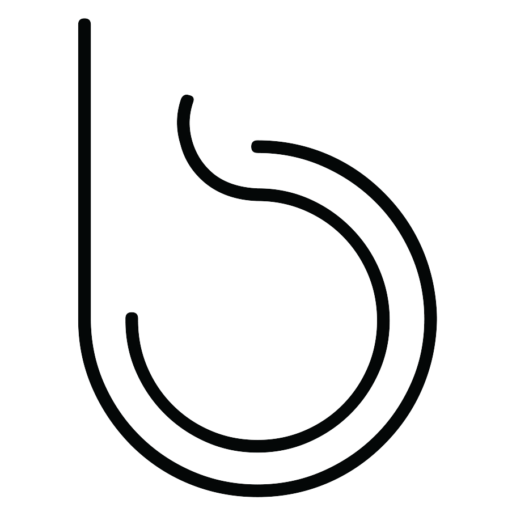
Egg Freezing
What is Egg Freezing?
Egg freezing, or oocyte cryopreservation, is a revolutionary fertility preservation method that allows women to store their eggs for future use. This process gives you the option to delay pregnancy until the time is right, without compromising your chances of having a family. Whether you are focusing on your career, not yet ready to start a family, or facing medical treatments that could affect your fertility, egg freezing provides peace of mind and greater control over your reproductive choices.
Who is Egg Freezing For?
Egg freezing is suitable for women who want to preserve their fertility for the future. This may include women in their late 20s to mid-30s who are not ready to conceive, those undergoing medical treatments like chemotherapy that may impact fertility, or individuals with a family history of early menopause. Egg freezing is also an option for those wishing to extend their fertility window, allowing for the possibility of a family later in life.
Dr Shabana Bora, MBBS, MRCOG
Egg freezing empowers women to take control of their fertility journey, offering the possibility to preserve options for the future while living life on their own terms.
The Procedure
The egg freezing process begins with an initial consultation, where we discuss your medical history, conduct tests to evaluate your ovarian reserve, and create a personalised treatment plan. The procedure includes:
Ovarian Stimulation
Hormonal medications are used to stimulate the ovaries to produce multiple eggs over a period of about 10-14 days.
Monitoring
Regular ultrasound scans and blood tests are conducted to track your response to the medication and the development of your eggs.
Egg Retrieval
A minor procedure performed under sedation to collect the mature eggs from your ovaries. This is done using ultrasound guidance and takes around 15-20 minutes.
Freezing
Cryopreservation – The retrieved eggs are carefully frozen using vitrification, an advanced flash-freezing technique that prevents ice crystals from forming and preserves the quality of the eggs.
What to Expect
The egg freezing process is generally well-tolerated with minimal discomfort. Some women experience mild bloating or cramping during ovarian stimulation, but these symptoms usually subside after the eggs are collected. Recovery from the retrieval procedure is typically quick, with most women resuming normal activities the next day.
The success of future pregnancies depends on various factors, including your age at the time of freezing and the number of eggs stored. Our team provides ongoing support and guidance throughout the process to ensure you feel confident and informed every step of the way.
Common Questions
How long can eggs be stored? Eggs can be safely stored for many years, with no impact on their quality. In the UK, eggs can be kept for up to 55 years under new legislation.
Does egg freezing affect my future fertility? No, egg freezing does not reduce your fertility. The eggs collected are those that would naturally be lost during your cycle.
What is the best age to freeze my eggs? The ideal age for egg freezing is in your late 20s to early 30s when egg quality is at its peak, but it can still be effective into your late 30s.
How many eggs should I freeze? This depends on your age and fertility goals. Typically, freezing around 15–20 eggs is recommended to optimise the chances of a successful pregnancy in the future.
Is the procedure painful? The procedure is performed under sedation, so there is no pain during egg retrieval. Some mild discomfort or cramping may occur afterward, but it usually resolves quickly.
Your Next Steps
If you are considering egg freezing and want to learn more about your fertility options, book a consultation today. We are here to guide you through every step with compassionate care and expert support.
